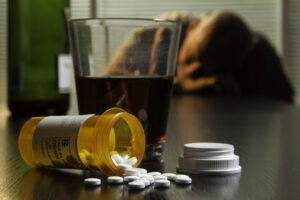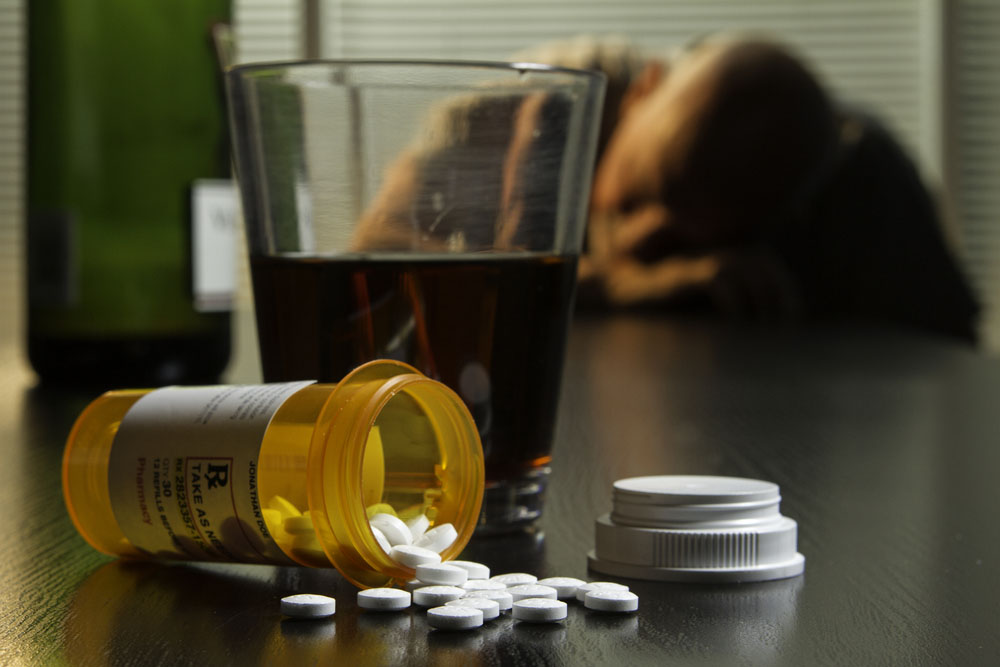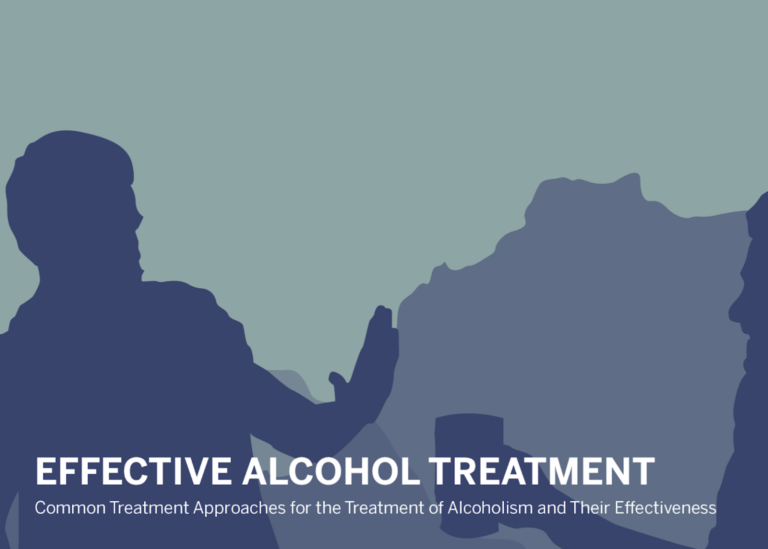Understanding the Risks Of Mixing Alcohol and Drugs

Many individuals are aware of the fact that it is risky to mix prescriptions drugs or illicit drugs with alcohol; however, consuming alcohol after taking over-the-counter supplements or medications can also result in heart-related issues. The side effects of mixing drugs and alcohol are not limited to drowsiness or loss of coordination.
Mixing alcohol with certain illicit drugs may result in long-term organ damage, while combining alcohol with some prescription drugs may cause an individual to stop breathing. There are some over-the-counter supplements that can result in serious health issues when combined with alcoholic beverages.
Mixing Alcohol with Illicit Drugs
One of the most dangerous ways to consume alcohol is in combination with illicit drugs. The side effects of alcohol can be worsened when drugs are involved. Drugs may also conceal the true effects of alcohol, resulting in individuals believing that they are actually sober. When individuals combine alcohol and drugs, they are far more likely to participate in risky behaviors like driving under the influence.
Sadly, alcohol addiction frequently co-occurs with drug addiction. Individuals who are addicted to multiple substances, which is known as polysubstance use disorder, are typically more likely to experience negative consequences than individuals who are only addicted to a single substance.
Cocaine
Cocaine tends to make certain side effects of alcohol worse like motor function, memory, and impaired coordination. Mixing cocaine and alcohol together can increase the heart rate, creating undue stress on the heart. When these substances are combined, there is a toxic byproduct that is formed called cocaethylene, which can result in significant damage to the liver and heart.
Marijuana
Marijuana also has the ability to increase your impairment when it is combined with alcohol. Some studies have found that combining the two can hinder the ability to drive more than simply taken one or the other by itself. Additional studies have found that, regardless of whether the drugs are taken alone or together, the detriments are very similar.
Ecstasy
Also commonly referred to as MDMA, ecstasy tends to conceal the negative impacts of alcohol when both drugs are consumed. One study has shown that individuals who combined alcohol and ecstasy felt as if they may have been sobering up, but they did just as poorly on performance tests like motor skills tests as individuals who had only consumed alcohol. A different study examined driving performance in individuals who mixed the drugs and found similar results.
Benzodiazepines
Alcohol and benzodiazepines like Valium and Xanax create a synergistic effect when combined that can cause you to stop breathing and pass out. A synergistic effect is known as when two substances are more potent when they’re combined than when they are apart. Some of the side effects of mixing Xanax and alcohol together include dizziness, drowsiness, loss of consciousness, memory loss, and death.
Opioids
Opioids like hydrocodone or oxycodone and alcohol can come together to reduce respiration so much that someone stops breathing. Heroin—also an opioid—can result in similar effects when it is mixed with alcohol. Alcohol can cause extended-release opioid drugs to release the whole dosage at once time, something called dose dumping, which increases the overall risk of an overdose occurring.
Mixing Alcohol with Medications & Pills
If you pay attention to medication bottles, you will notice that they warn you either avoid or limit your intake of alcohol while taking the medication. Most medications will have side effects on their own, and alcohol will only amplify those side effects. For instance, if you take Tylenol in low doses, it is safe for most individuals. However, if you were to combine Tylenol with alcohol or take it in high doses, it can result in severe liver damage.
Antibiotics
If you consume alcohol while taking antibiotic medication, you essentially weaken your overall immune system, which decreases your ability to fight off illness. Alcohol tends to dangerously interact with particular antibiotics like Tindmax and Flagyl resulting in anxiety, dizziness, heart issues, and chest pain. In some instances, mixing antibiotics and alcohol together can result in organ damage.
Sleeping Pills
It can also be incredibly dangerous to mix sleeping pills with alcoholic beverages. Sleeping pilings like Ambien, Sonata, and Lunesta, can slow brain activity, helping individuals fall asleep faster. When the two substances are combined, a person’s coordination is severely impaired and memory is disrupted. In some cases, the individual can pass out.
ADHD Medications
Medications that are used for the treatment of ADHD can help individuals with the disorder to concentrate. When Adderall or similar drugs and alcohol are combined, people may find it difficult to focus. They may also have liver and heart problems.
Cold & Allergy Medications
There are numerous ingredients that are found in cold and allergy medicines that can dangerously interact with alcohol. Codeine and dextromethorphan are both found in cough medicines and can cause dizziness, drowsiness, and overdose when combined with alcohol. When mixed with alcohol, antihistamines like Claritin, chlorpheniramine, and brompheniramine can also cause similar symptoms.
DayQuil
Since DayQuil contains both acetaminophen and dextromethorphan, if it is mixed with alcohol, it can result in dizziness, drowsiness, and liver damage.
NyQuil
The majority of NyQuil products contain acetaminophen, dextromethorphan, and doxylamine—with the latter ingredient being used to treat short-term sleep problems and cold or allergy symptoms. If NyQuil is mixed with alcohol, individuals may experience impaired motor function, extreme drowsiness, memory issues, and slowed breathing. It is extremely risky.
Mucinex
Mucinex products contain an ingredient called guaifenesin. None are likely to create dangerous interactions when combined with alcohol. However, some Mucinex combination medications contain acetaminophen and dextromethorphan, so there is a risk of liver damage or other serious side effects if alcohol and Mucinex products that are meant to treat allergy, cold, or flu symptoms are taken with alcohol.
Mixing Alcohol with Other Substances
As a general rule, you should never consume alcohol with substances if they change how you feel. The Centers for Disease Control and Prevention (CDC) alerts Americans that they should avoid combining caffeinated products and alcohol because caffeine has the ability to mask the effects of alcohol. For that reason, individuals can often become more impaired than they truly realize. In addition, there are other kinds of over-the-counter supplements and products that may have untested ingredients in them that may dangerously interact with alcoholic beverages.
Energy Drinks
Energy drinks contain a large amount of caffeine in addition to chemicals that can skyrocket your energy levels while also masking the effects of alcohol like ginseng, taurine, guarana, and sugar. This can increase the overall risk of dangerous and risky behavior that you partake in when you mix alcohol and energy drinks together. One study that was performed on mice showed that repeated exposure to alcoholic energy drinks from a young age may increase the risk for substance abuse later down the road.
Herbal Supplements
Over-the-counter supplements have become quite the popular product for numerous ailments. Herbal supplements claim that they have the ability to treat numerous health issues like mood problems, cosmetic issues, and weight gain. There are many diet pills that have addictive properties and can result in numerous health issues when they are mixed with alcohol.
Herbal supplements that are being marketed as mood enhancement pills can seriously interact with alcoholic beverages. There are some individuals who have reported that they have had seizures or blacked out after combing 5-HTP—a supplement that can potentially improve depression symptoms—with alcohol.
It is crucial that you are cautious when you consume alcohol. You should always follow the instructions that are clearly outlined on medication labels. If you are taking any kind of supplement, speak to your healthcare provider before you consume alcohol. You should also always avoid any kind of illicit drugs as well as other hazards. If you make the decision to misuse illicit drugs, avoid mixing multiple substances such as alcohol.
If you or a loved one has a drinking problem, contact an alcohol hotline where you understand the dangerous of the substance, how to recognize the signs of addiction, and locate a treatment center near you. If you would like to learn more about getting treatment for alcohol addiction, contact us here at Shadow Mountain Recovery Center.









